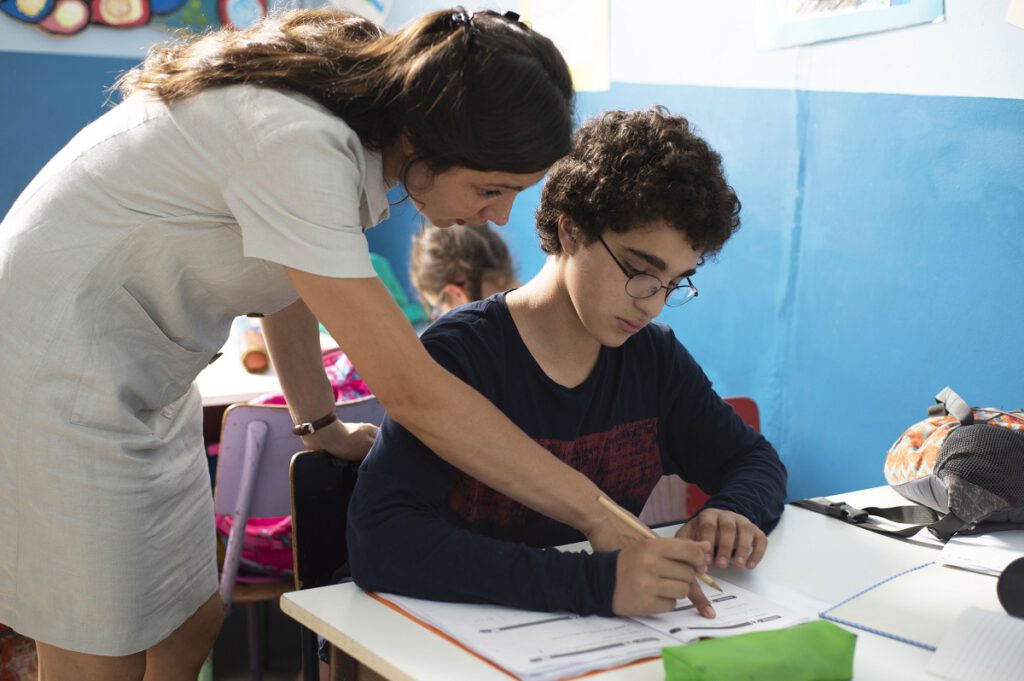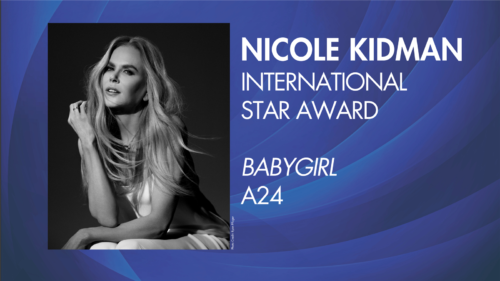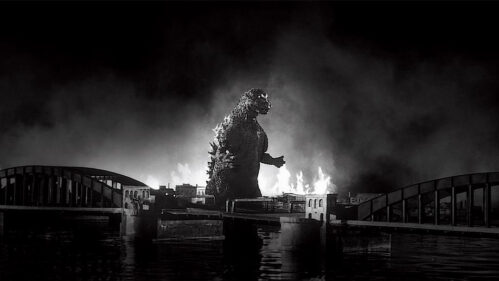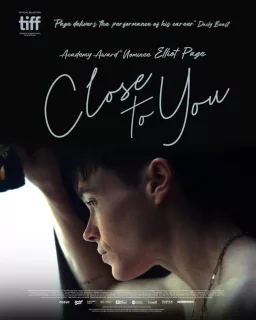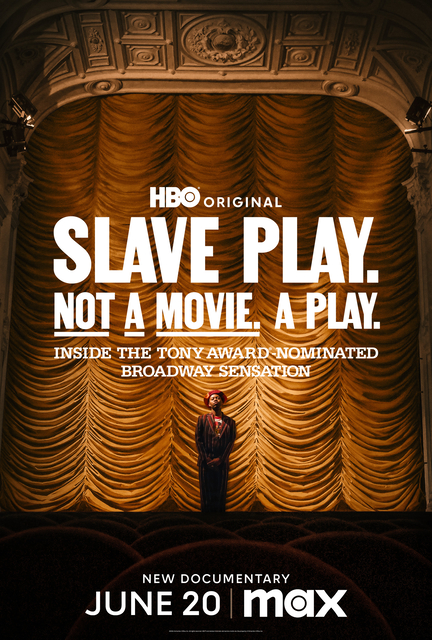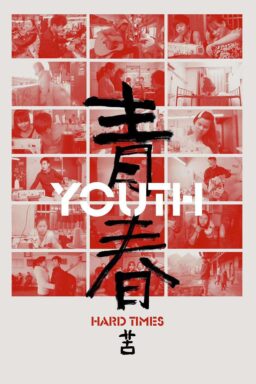The Cannes premiere of Terrence Malick's "A Hidden Life" brought the subject of immovable will in the service of belief to the fore with a biopic of a WWII martyred Austrian conscientious objector. Today, with their competition premiere of "Young Ahmed," a fictional portrait of a radicalized Belgian teenager, the Dardenne brothers Jean-Pierre and Luc, examine the flip side of will bent in support of a belief-based cause.
The Dardenne brothers are among the small number of prominent international directors who have been a prevailing force at Cannes since they won the Palme d'Or for "Rosetta" in 1999. They won the Palme again in 2005 with "L'Enfant."
The Dardennes are social realists, directing their films in tandem. Their issue-based stories play out in the lives of characters grappling with the stacked deck dealt to Europe's underclass. Unjust job layoffs were at the center of "Two Days, One Night"; the immigrant crisis was treated in both "The Unknown Girl," and "The Silence of Lorna." The plight of children, unwanted, disadvantaged, or misguided, has figured in several of their films, including "The Kid with the Bike," "L'Enfant," "The Son," and "Rosetta."
"Young Ahmed" tackles a daring subject in an ethically dangerous way. There is the real possibility that the film's meticulously detailed portrayal of a 13-year-old boy's unrelenting resolve to murder his teacher in the name of Islam will feed into the prejudices of every person whose preconception of Muslims involves the assumption that all are radical terrorists.
All who know serious, bespectacled Ahmed (Idir Ben Addi) acknowledge that he has changed within the space of two months, becoming a sternly humorless holier-than-thou puppet. At his after-school tutoring class, he now refuses to shake hands with Ines (Myriem Akheddiou), a Muslim herself, and the teacher he has known since the age of five. He considers her to be impure for dating a Jew. His friends and his brother Rachid joke, and play the radio in the car on the way to the mosque, but Ahmed demands silence in order to study his Koran.
At home, Ahmed is like a tormented wild animal with nowhere to vent his rage. He flings insults: his mother is a drunk because she drinks wine; his sister, in a tank top, dresses like a slut. His new life under the influence of the radical young imam and convenience store owner Youssouf (Othmane Moumen) revolves around frequent ritual ablutions, prayer, and religious study. He is an eager audience for the "treat" Youssouf brings him—an online tribute to his cousin who martyred himself as a terrorist.
Assured by Youssef that Ines is an infidel and a heretic, Ahmed plans and executes an attack with a kitchen knife, although this is a move too far even for the imam. In short order, Ahmed ends up sentenced to a juvenile detention facility, where his resolve to commit murder at any cost to himself diminishes not a bit.
The Dardennes create a cycle of obsessiveness that generates a certain amount of sympathy for the young man. He is yet another of their lost boys, pathetically immature, confused more than he knows, and grimly starry-eyed with the dream of attaching to something bigger than himself in the name of a skewed concept of God.
Late in the film, a temptation to normalcy is thrown in his path in the form of Louise (Victoria Bluck), the teen daughter of the family where Ahmed performs daily farm labor as part of his sentence. With the innocent boldness of a girl attracted to a cute guy, she teases him as they eat lunch on the edge of a field just a few feet away from Ahmed's supervising caseworker. "I want to kiss you," she says, tickling him with a wheat straw. For just a moment, the former and the potentially future Ahmed coexist in the bashful smile flitting across his face.
With this plot, even the Dardennes have walked into a trap with no exit. In their directors' statement in the film's press kit, they write, "How to halt the headlong rush towards murder of this fanatical boy, cut off as he is … How can he be stopped?" We, the audience, don't know, and it appears that they ultimately don't know either. In a deus ex machina move, the directors take the decision out of Ahmed's hands, but even then suggest that it may not be possible to trust the resolution that we see.

Two very different visions of the relationship between women emerge through the work of established French director Celine Sciamma, and Moroccan newcomer Maryam Touzanis.
Celine Sciamma has staked out the territory of female desire as her own, starting with her first feature "Waterlilies." Her films have been distinguished by vibrant emotional realism in a coming of age context, especially in the electrifying "Girlhood," which portrayed a clutch of teen girls of color growing up in a Paris housing project. In her first-time Cannes competition entry "Portrait of a Lady on Fire," Sciamma brings a feminist sensibility to a period drama about a female portrait painter challenged to create an engagement portrait of a subject who is reluctant to pose.
Set in 1770, "Portrait of a Lady on Fire" depicts the arrival by boat of a soaking-wet Marianne (Noemie Merlant) to a remote island where she has been commissioned to spend a week painting a portrait. In a large, seemingly deserted castle she is met only by the deferential young maid Sophie (Luana Bajrami), who shows her to a cavernous room and departs. Sciamma establishes Marianne's profile as a rebel for her time, with glowing shots of the woman lounging nude before a roaring fireplace, smoking a clay pipe while her clothes dry.
Sciamma's take on the period genre is more of a suggestive sketch than a fully fleshed picture. Her concerns are based wholly in the nuances of emotion and attraction, and the ways in which women who are brought into proximity without men, relate and bond with each other. Her actresses wear contemporary faces but period costumes, and the loft-like space of the castle is largely free of furniture or accouterments of the era. The style of art represented in the portraits is more typical of present day illustrations.
Marianne learns from the maid that Heloise (Adele Haenel), the subject of her portrait to be, has been brought home from a convent by her family. Following her sister's suicide, it is planned that Heloise replace her by marrying the Milanese aristocrat who was her sister's fiancé. He requires a portrait of his intended, but she refuses to pose. A painter previously engaged for the job has already given up in despair. The first meeting with beautiful but prickly Heloise does not go well, and Marianne begins clandestine sketches of the woman, based on close observation during their time together.
The film's central plot driver, the process of the creation of a portrait, is one that serves Sciamma's purpose in the exploration of a relationship in which the women begin to mirror each other in the recognition of desire and its fulfillment in the course of several erotic love scenes. Painter and subject are equal in their keen observation of each other when the sheltered and inexperienced Heloise finally submits to pose for worldly Marianne after their bond has been consummated by graphic lovemaking.
Sciamma devises subplots bound up in the solidarity of her female characters. The present day currency of the circumstances and dilemmas are only lightly disguised within the story's 18th-century setting. Seeking a remedy for her menstrual cramps, Marianne learns in passing that the maid Sophie is unhappily three-months pregnant. Folk methods of abortion are pursued, and an elder village woman consulted, culminating in two different but related scenes in which Sciamma creates tableaux of the implied meeting of life and death in the cycle of a woman's life.

A 180-degree different take on the advent of a loving relationship between two women is found in Moroccan director Maryam Touzani's "Adam," screening in Un Certain Regard, and eligible for the Camera d'Or for first feature. The women of "Portrait of a Lady on Fire" come together across several layers of artifice and ambition, and in a story that is itself layered in theoretical constructs. By contrast, "Adam" is an affecting but modest film with few pretensions, but a claim on primal emotions.
Samia (Nisrine Erradi), a young woman with big expressive eyes and a round earnest face, is first seen only in close-up, inquiring about work up and down the Casablanca streets. Every door is shut in her face. A long-shot finally reveals that she is heavily pregnant and obviously homeless, hauling her belongings in a bulging duffel bag over her shoulder. She camps out for the night on a doorstep across from a home where she was refused, and after some hours, the hard-faced woman of the house gestures for her to come in.
That woman is Abla (Lubna Azabal), a single mother and baker who sells her wares daily from a window on the street. She lives upstairs with her eight-year-old daughter Warda (Douae Belkahaouda). Abla is hostile toward her unwanted guest, angry that her conscience required that she take pity on her. Warda is intrigued by the novelty of the situation, and takes an immediate shine to Samia.
There is little that is unexpected in the trajectory of this story, but the particulars are less its primary focus than Touzani's warmly perceptive, intimately loving view of her female characters. Samia turns out to be an expert baker herself, and attempts to win her benefactor's favor with a batch of the string bread specialty rziza for her to sell. The contribution is grudgingly accepted, and more goodies and a gradual thawing follow.
One of the film's most sensual scenes comes when Samia places her hands on Alba's and teaches a more gentle method of kneading her bowl of pastry dough. It's a love scene to be sure, but not an erotic one, for the two are not lovers. There are aspects of a foodie film to "Adam," as the many sorts of Moroccan pastries produced in Alba's kitchen are very much a feature of the story
Touzani lingers often on the faces and bodies of her actresses. She keeps her camera close, with backgrounds blurred softly. Her visual appreciation for the female form in both its beauty and its imperfections is a rare and welcome sight. Samia's already large pregnant belly grows steadily, and little Warda comes upon her washing one night. With the unabashed curiosity of the child that she is, she feels, strokes, pats and listens, giggling at the baby's kicks to her ear.
The backstories of both women are withheld for much of the film, until the two have become sisters in their need for solace. Both actresses are superb in their ability to express great ranges of emotion in tight close-up. Samia, youthful and merry despite her circumstances, forces Alba out of mourning in what is literally a semi-hostile dance of transformation. The tables are turned when Samia gives birth, and rejects the squalling infant.
"Few things belong to us," observes Samia, referring to the place in which women find themselves in life. In "Adam," Touzani effectively gives women their own.

